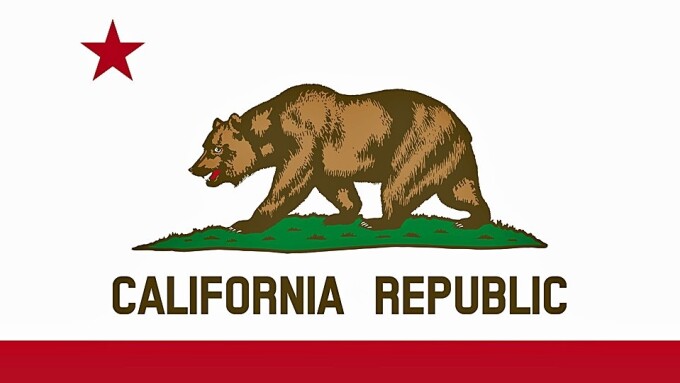LOS ANGELES — Enacted in 2018, the California Consumer Privacy Act (CCPA), is now in effect, creating new consumer rights relating to the access, deletion and sharing of personal information collected by businesses about the state’s consumers.
The law went into effect January 1, following a public comment period that generated over 300 written responses and according to California Attorney General Xavier Becerra, with CCPA, the state "leads the way in putting people first."
“Knowledge is power, and in the internet age, knowledge is derived from data,” Becerra stated. “Our personal data is what powers today’s data-driven economy and the wealth it generates.”
“It’s time we had control over the use of our personal data,” he explained. “That includes keeping it private.”
The CCPA’s key requirements include the following four points: That businesses disclose data collection and sharing practices to their consumers; that consumers have the right to request their data be deleted; that consumers have a right to opt-out of the sale or sharing of their personal information; to protect the interests of minors, businesses are prohibited from selling personal information of consumers under 16 years of age without explicit consent.
For businesses, it is one more obstacle — and given the importance of California’s audiences to many adult sites, an obstacle that must be overcome. While many domestic sites may have given little notice to the similar GDPR requirements, chatter on XBIZ.net indicates that adult website operators are taking measures to comply.
To aid this effort, Thursday, January 17 at 3 p.m., in conjunction with the 2020 XBIZ Show in Los Angeles, the Free Speech Coalition will host a workshop — titled “CCPA: Does It Impact Your Business? Spoiler Alert: Yes!” — to educate and guide attendees to compliance.
The full text of the CCPA, and other resources, are available here.






